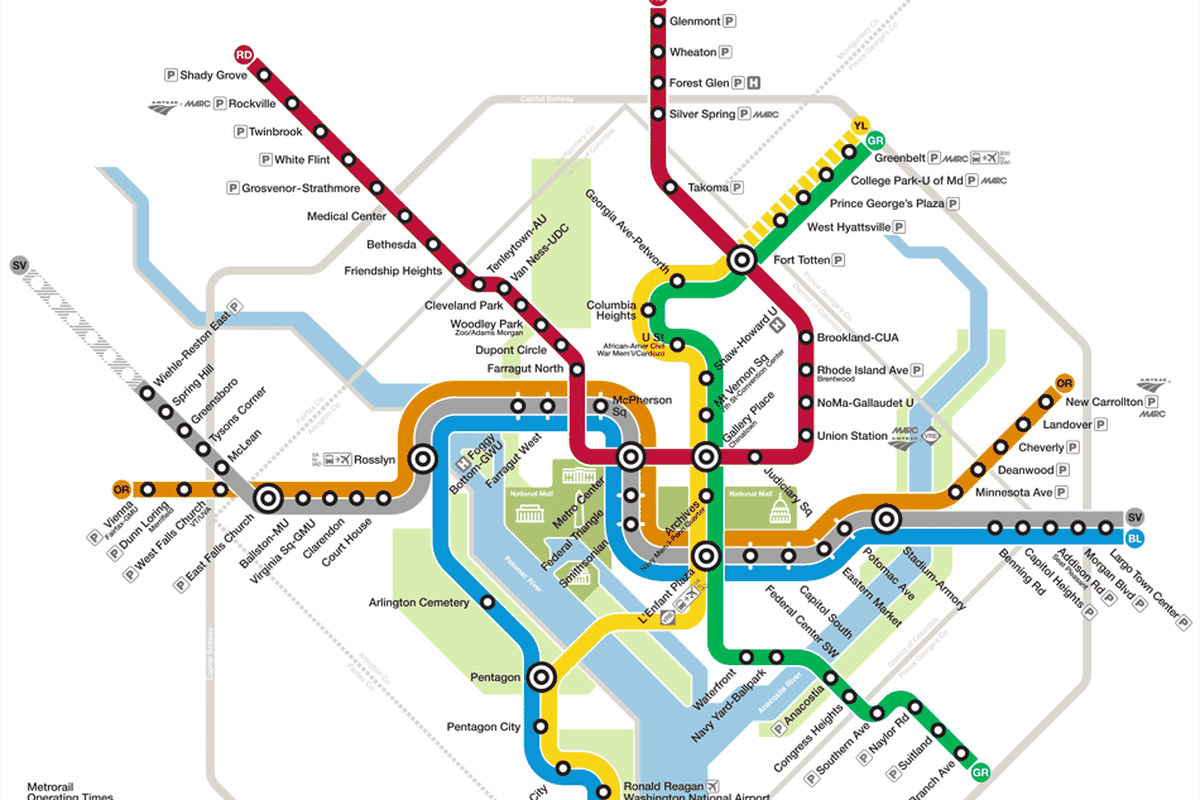Ask FELTG: If Metro is Closed, Is Telework a Reasonable Accommodation?
 October 31, 2022
October 31, 2022
We recently received the following question: If a Metro station is closed for construction, does our agency have to accommodate a disabled employee who usually takes the Metro to work by granting temporary telework?
Thanks for the question. As in every reasonable accommodation case, the agency should follow the framework we teach in our classes, which mirrors the requirements of the law:
- Does the individual have a disability?
- Are they a qualified individual?
- Did they request accommodation?
- Did the agency engage in the interactive process?
- If there is a feasible accommodation, will it impose an undue hardship on agency operations?
There’s a fairly recent case in which this exact issue came up, Orlando O. v. USPS, EEOC Appeal No. 2020003910 (Dec. 7, 2021).
The complainant suffered from ulcerative colitis, which required him to be able to access a restroom with minimal notice. He took the subway to work every day, but the subway line he used would be closed for four months and the shuttle service that replaced the subway service did not provide restroom accommodations. The agency denied the telework request. It ordered the complainant to either report to the workplace or take sick leave. Because he was unable to come into work, he used 456 hours of sick leave, and reported back to work the day the subway re-opened. The EEOC found improper unnecessary delay of RA and that the agency failed to show granting telework would have caused an undue hardship.
We have no doubt your agency is dealing with other new, untested RA challenges. Join FELTG for Reasonable Accommodation: Meeting Post-pandemic Challenges in Your Agency November 17 for a lively discussion on how to address these challenges legally and efficiently.
Have a question? Ask FELTG.
The information presented here is for informational purposes only and not for the purpose of providing legal advice. Contacting FELTG in any way/format does not create the existence of an attorney-client relationship. If you need legal advice, you should contact an attorney.
